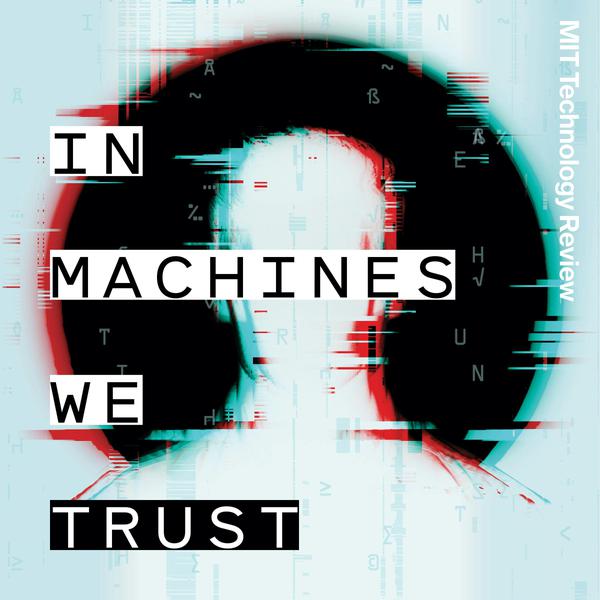
MIT Technology Review Narrated
MIT Technology Review
Welcome to MIT Technology Review Narrated, the home for the very best of our journalism in audio.
- 9 minutes 43 secondsHow next-generation nuclear reactors break out of the 20th-century blueprint
From molten salt to TRISO fuel, here’s how technological advancements could upend an old power technology.
This story was written by Casey Crownhart and narrated by Noa - newsoveraudio.com
11 February 2026, 12:12 pm - 10 minutes 16 secondsChina figured out how to sell EVs. Now it has to deal with their aging batteries.
As early electric cars age out, hundreds of thousands of used batteries are flooding the market, fueling a gray recycling economy even as Beijing and big manufacturers scramble to build a more orderly system. This story was written by Caiwei Chen and narrated by Noa - newsoveraudio.com
4 February 2026, 9:00 am - 15 minutes 16 secondsThis Nobel Prize–winning chemist dreams of making water from thin air
Omar Yaghi thinks crystals with gaps that capture moisture could bring technology from “Dune” to the arid parts of Earth. This story was written by Alexander C. Kaufman and narrated by Noa - newsoveraudio.com.
28 January 2026, 4:00 am - 21 minutes 42 secondsMeet the new biologists treating LLMs like aliens
By studying large language models as if they were living things instead of computer programs, scientists are discovering some of their secrets for the first time. This story was written by Will Douglas Heaven and narrated by Noa - newsoveraudio.com.
21 January 2026, 4:00 am - 13 minutes 47 secondsWhat’s next for AI in 2026
Our AI writers make their big bets for the coming year—here are five hot trends to watch. This story was written by Rhiannon Williams, Will Douglas Heaven, Caiwei Chen, James O'Donnell, Michelle Kim and narrated by Noa - newsoveraudio.com.
14 January 2026, 4:00 am - 23 minutes 39 secondsHow one controversial startup hopes to cool the planet
And why many scientists are freaked out about the first serious for-profit company moving into the solar geoengineering field. This story was written by James Temple and narrated by Noa - newsoveraudio.com.
6 January 2026, 4:00 am - 24 minutes 46 secondsWhy it’s so hard to bust the weather control conspiracy theory
From effective rain-enhancing technology to a long, secretive history of trying to weaponize storms, there’s fertile ground for misinformation. This story was written by David Levitan and narrated by Noa - newsoveraudio.com.
31 December 2025, 4:00 am - 26 minutes 49 secondsAI materials discovery now needs to move into the real world
Startups flush with cash are building AI-assisted laboratories to find materials far faster and more cheaply, but are still waiting for their ChatGPT moment.
This story was written by David Rotman and narrated by Noa - newsoveraudio.com.
24 December 2025, 4:00 am - 23 minutes 45 secondsHow two brothers became go-to experts on America’s “mystery drone” invasion
Two Long Island UFO hunters have been called upon by some domestic law enforcement to investigate unexplained phenomena. This story was written by Matthew Phelan and narrated by Noa - newsoveraudio.com.
17 December 2025, 4:00 am - 21 minutes 22 secondsIs this the electric grid of the future?
In Nebraska, a publicly owned utility deftly tackles the challenges of delivering on reliability, affordability, and sustainability. This story was written by Andrew Blum and narrated by Noa - newsoveraudio.com.
10 December 2025, 4:00 am - 25 minutes 19 secondsThe quest to find out how our bodies react to extreme temperatures
Scientists hope to prevent deaths from climate change, but heat and cold are more complicated than we thought. This story was written by Max G. Levy and narrated by Noa - newsoveraudio.com.
3 December 2025, 4:00 am - More Episodes? Get the App